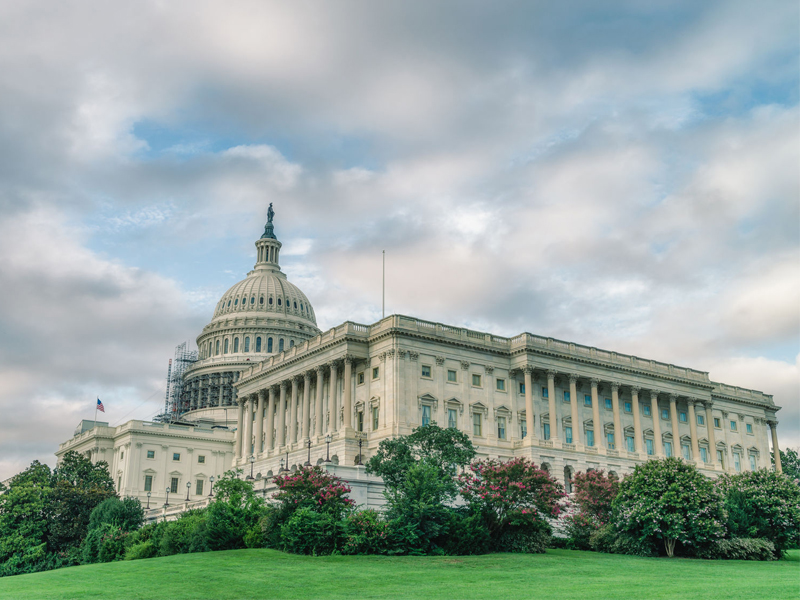
The results of Tuesday’s U.S. mid-term elections will have consequences for financial markets and U.S. government policy.
The latest polling predicts the Republicans will retake control of the House of Representatives and may also take the Senate, wresting power from the Democrats and creating a split government.
“Divided government will result in legislative gridlock, diminishing the possibility for any major new taxation or spending initiatives during the remainder of President Biden’s term while also pushing back any meaningful delivery of entitlement program reform,” said Fitch Ratings in a report.
Additionally, a divided government increases the risk of future government shutdowns due to intensified conflict over the federal budget and debt ceiling, the rating agency suggested, noting that current budget appropriations will only keep the government running until Dec. 16.
Longer term, increased partisan conflict could also lead to a decline in governance quality, “a key negative rating sensitivity,” it said.
In financial markets, a research note from Scotia Economics indicated that stocks tend to weaken heading into U.S. mid-term elections, and they typically rally in their wake — although the reasons for this tendency are unclear, it noted.
“There is some evidence that markets can tend to react to mid-term election outcomes in the U.S., but it requires a fair amount of patience and a lot of uncertainty around why this might be true beyond merely spurious reasons,” Scotia said.
“Perhaps markets welcome the greater check on the incumbent administration’s powers and look forward to fresher ideas into the ensuing Presidential election,” it suggested.
Alongside the stock market tendencies, Scotia noted that the U.S. 10-year Treasury yield also tends to “decline in the long aftermath of mid-terms.”